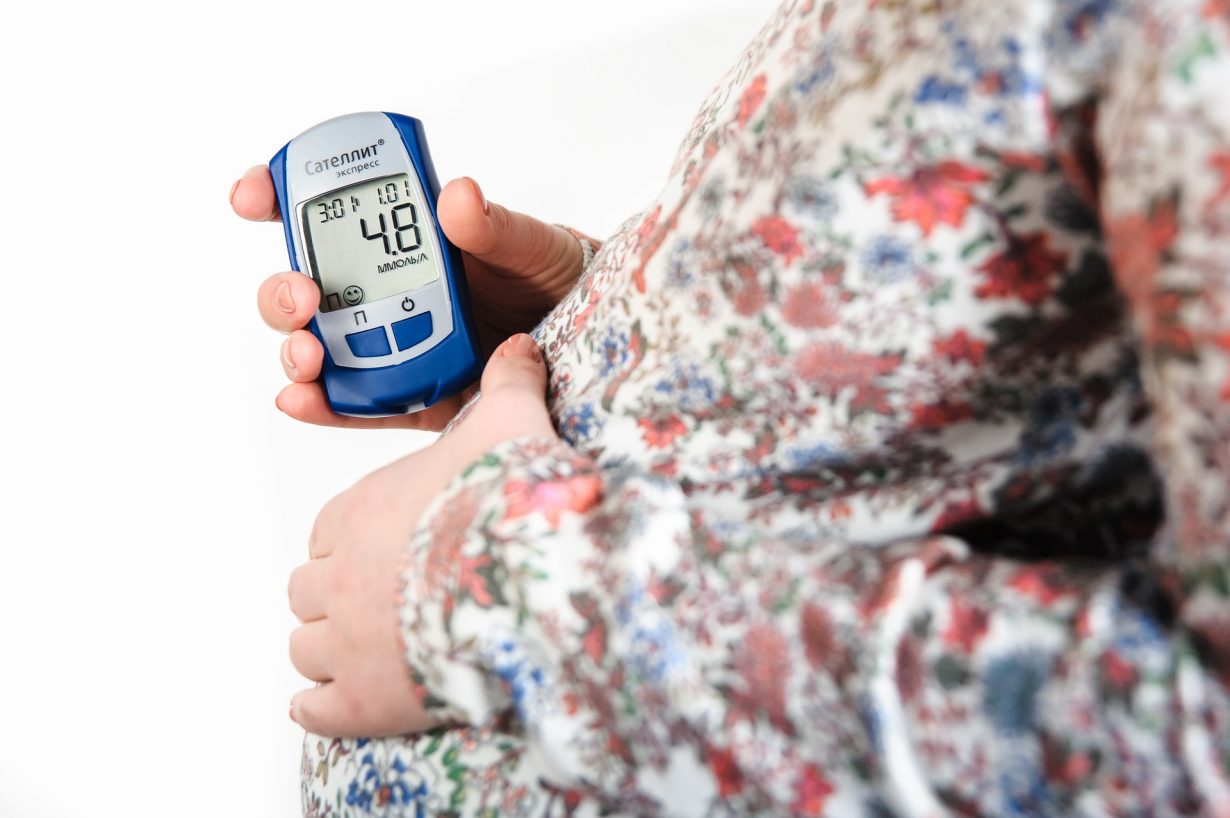
New Study Helps Understand Role of Gut Microbiome in Gestational Diabetes
University of Illinois Chicago via Newswise – Researchers at University of Illinois Chicago have identified changes in the gut microbiome that can lead to gestational diabetes.
“The bacteria that live in your gut impact your risk for diseases like gestational diabetes. How they do it, or lead to those outcomes, is not clear. We performed a study to identify those factors in gut bacteria that are predisposing people to some of these diseases,” said Dr. Brian Layden, associate professor and division chief for the UIC College of Medicine, endocrinology/diabetes and metabolism department, and co-author of the study.
They studied the exact nature of the gut microbiome and plasma metabolome changes throughout pregnancy in mice. To aid in understanding changes to the gut microbiome during pregnancy that affect metabolism, researchers analyzed mice that received transplanted human fecal samples.
The mouse models were used to identify the role of indoleamine-2,3-dioxygenase, or IDO1, in pregnancy-associated insulin resistance, according to the study. Insulin resistance is a feature of Type 2 diabetes and can be present in prediabetes. Through this approach, researchers identified a metabolite, kynurenine, that is increased during pregnancy.
“We identified a particular way that the bacteria interact with gut epithelial cells and regulate how a metabolite is generated which impacts somebody’s risk for something like gestational diabetes,” Layden said.
The paper, “Gestational insulin resistance is mediated by the gut microbiome-indoleamine 2,3-dioxygenase axis,” was published recently in the journal Gastroenterology.
Gut microbiome changes during pregnancy, shifting ID01-dependent metabolism toward kynurenine production, intestinal inflammation and gestational insulin resistance. This process can be reversed when ID01 is inhibited, according to the study.
The implication of these findings is that modifying or changing the gut bacteria so it does not lead to more of this metabolite could minimize the development of a diabetes-like state in pregnancy, Layden said.
“These findings open up the opportunity for a screening approach for those who are at risk as well as a treatment approach for gestational diabetes where if you know they are at risk, we can modify their gut bacteria to prevent it from occurring,” Layden said. Screening could potentially be done prior to pregnancy.
In the United States, 1-2% of pregnant people have Type 2 diabetes and about 6-9% of pregnant people develop gestational diabetes, according to the Centers for Disease Control. Gestational diabetes puts both the pregnant person and baby at risk for complications during pregnancy and childbirth, as well as increasing the risk of developing Type 2 diabetes after delivery for both the pregnant person and the baby (later in life).
Currently, gestational diabetes is treated through diet and exercise, or medication in more severe cases. Layden said there are existing trials researching whether prebiotics and probiotics are beneficial for Type 2 diabetes and gestational diabetes. However, this new study could lead to more targeted approaches to gut microbiome health.
Researchers plan to conduct screenings for these metabolites in human fecal and blood samples to see if the research translates to humans.
To read the original article click here.






